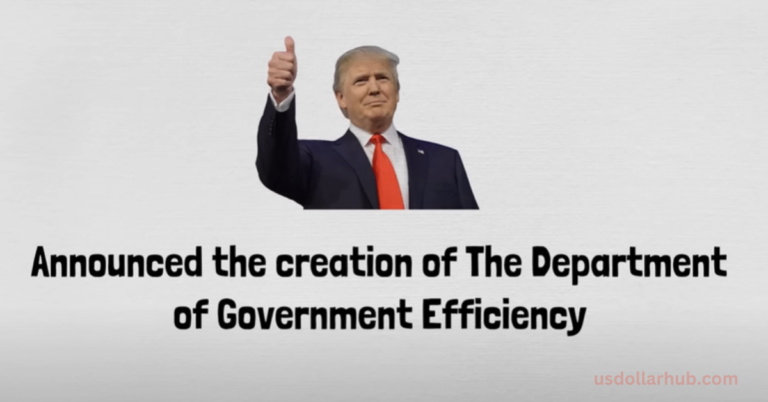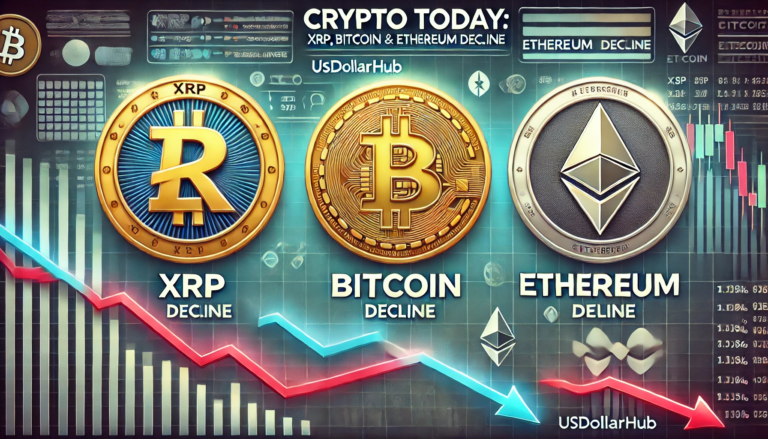Bitcoin A Risky Asset Not Risk-On – BlackRock Strategist Explains Its Role in Portfolios 2025
Bitcoin A Risky Asset Not Risk-On
Bitcoin A Risky Asset Not Risk-On : Bitcoin has long captured the attention of investors worldwide. Its dramatic price movements and role as a digital currency have sparked debates on its position in financial portfolios. Recently, Robbie Mitnik, BlackRock’s Head of Digital Assets, shared insights on Bitcoin’s current momentum, its role in portfolios, and its future under a crypto-friendly administration. Here’s an in-depth look at why Bitcoin is deemed risky but not risk-on, and how this distinction could reshape its perception among institutional investors.

Bitcoin’s Post-Election Surge
Bitcoin experienced a significant rally following the U.S. presidential election, driven by optimism around President-elect Donald Trump’s crypto-friendly policies. This rally also bolstered the popularity of crypto ETFs, including BlackRock’s offering, which saw over $1.13 billion in inflows shortly after the election.
What’s Fueling Bitcoin’s Rise?
- ETFs as Catalysts:
The introduction of crypto ETFs has provided investors with easier access to Bitcoin, removing barriers and attracting cautious investors. - Regulatory Optimism:
Hopes for a clear regulatory framework and the possibility of a strategic Bitcoin reserve have further boosted market sentiment. - End of Market Overhang:
The cessation of forced selling due to past bankruptcy liquidations has relieved downward pressure on Bitcoin prices, creating room for growth.
Strategic Bitcoin Reserve: Reality or Speculation?
One of the most intriguing proposals under discussion is the creation of a U.S. strategic Bitcoin reserve. While it’s unclear if this initiative will materialize, the signaling effect of the government holding onto approximately 200,000 Bitcoins has already had a stabilizing impact on the market.
Mitnik noted that the absence of such large-scale government sell-offs is crucial in maintaining investor confidence. However, market inefficiencies could still lead to volatility if these expectations are unmet.
Bitcoin A Risky Asset Not Risk
A key takeaway from Mitnik’s insights is the distinction between Bitcoin being “risky” and “risk-on.”
Understanding the Difference:
- Risky Asset:
Bitcoin’s volatility, regulatory uncertainty, and status as a relatively new financial product make it inherently risky. - Not Risk-On:
Unlike traditional risk-on assets like equities, Bitcoin does not exhibit a strong correlation with stock market movements. This uncorrelation suggests it could act as a portfolio diversifier or even a hedge against macroeconomic risks.
Our Lates Post On Bitcoin –Visit Here
Bitcoin’s Role in Portfolio Diversification
Bitcoin’s potential as a hedge stems from its independence from traditional market drivers. Mitnik highlighted several macroeconomic factors where Bitcoin could provide protection:
- Inflation Fears:
As governments continue to print money, concerns about inflation and monetary debasement grow. Bitcoin, with its fixed supply, offers an alternative. - Fiscal Sustainability Concerns:
Bitcoin could serve as a safeguard against U.S. fiscal imbalances and global economic instability. - Diversification:
Its uncorrelated nature makes it a valuable tool for reducing overall portfolio risk while enhancing potential returns.
Challenges Ahead for Bitcoin
While the optimism surrounding Bitcoin is palpable, there are potential pitfalls:
- Regulatory Appointments:
Trump’s meetings with crypto leaders, such as Coinbase’s CEO, to discuss SEC leadership could influence Bitcoin’s trajectory. A less favorable pick could dampen market sentiment. - Market Misunderstandings:
Many investors struggle to comprehend Bitcoin’s value proposition, leading to inefficiencies in pricing and valuation. - Volatility:
Despite its diversification potential, Bitcoin’s high volatility may deter risk-averse investors.
BlackRock’s Role in Bitcoin Education
BlackRock plays a pivotal role in bridging the knowledge gap about Bitcoin. By educating institutional investors and wealth advisors, the firm aims to clarify Bitcoin’s risks and returns.
Mitnik emphasized that understanding Bitcoin’s unique characteristics is crucial for integrating it into portfolios effectively. Whether as a hedge or a diversifier, Bitcoin’s place in the financial ecosystem continues to evolve.
FAQs Bitcoin A Risky Asset Not Risk-On
What makes Bitcoin a risky asset?
Bitcoin is risky due to its volatility, regulatory uncertainty, and nascent stage in the financial market.
Is Bitcoin correlated with equities?
No, Bitcoin is largely uncorrelated with equities, making it distinct from traditional risk-on assets.
How does Bitcoin act as a hedge against inflation?
Bitcoin’s fixed supply contrasts with fiat currencies’ unlimited printing, offering protection against inflation.
What is a strategic Bitcoin reserve?
A strategic Bitcoin reserve refers to the government holding Bitcoin as a long-term asset, similar to gold reserves.
How do ETFs impact Bitcoin’s adoption?
Crypto ETFs provide easier access to Bitcoin, attracting institutional and cautious retail investors.
Why is BlackRock focusing on Bitcoin education?
BlackRock aims to help investors understand Bitcoin’s role in portfolios and its potential as a diversifier.
Could regulatory changes affect Bitcoin’s price?
Yes, regulatory developments, such as SEC appointments, could influence Bitcoin’s market dynamics.
Is Bitcoin suitable for institutional investors?
Yes, with proper understanding, Bitcoin can serve as a diversification tool for institutional portfolios.
What drives Bitcoin’s value?
Bitcoin’s value is influenced by supply and demand, macroeconomic factors, and market sentiment.
Can Bitcoin replace traditional hedging assets like gold?
Bitcoin complements, rather than replaces, traditional assets like gold, offering additional hedging benefits.
Conclusion
Bitcoin’s classification as a risky but not risk-on asset offers a new perspective on its role in investment portfolios. Underpinned by recent policy shifts and advancements like crypto ETFs, Bitcoin is emerging as a potential hedge against macroeconomic risks. However, its volatility and market inefficiencies require careful consideration by investors.
Disclaimer:
This article is for informational purposes only and does not constitute financial advice. Always consult with a financial advisor before making investment decisions. visit for more info –UsDollarHub.com




